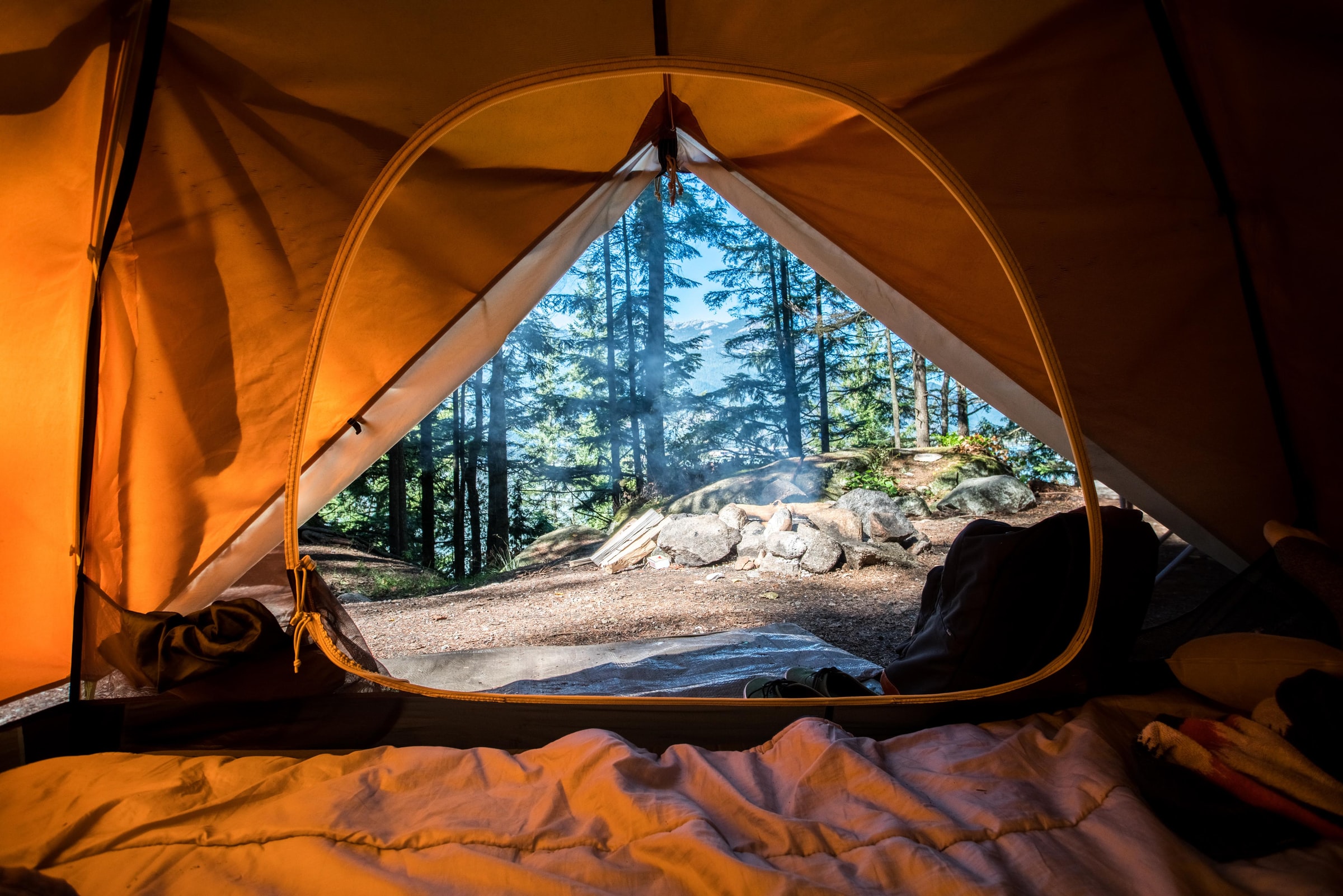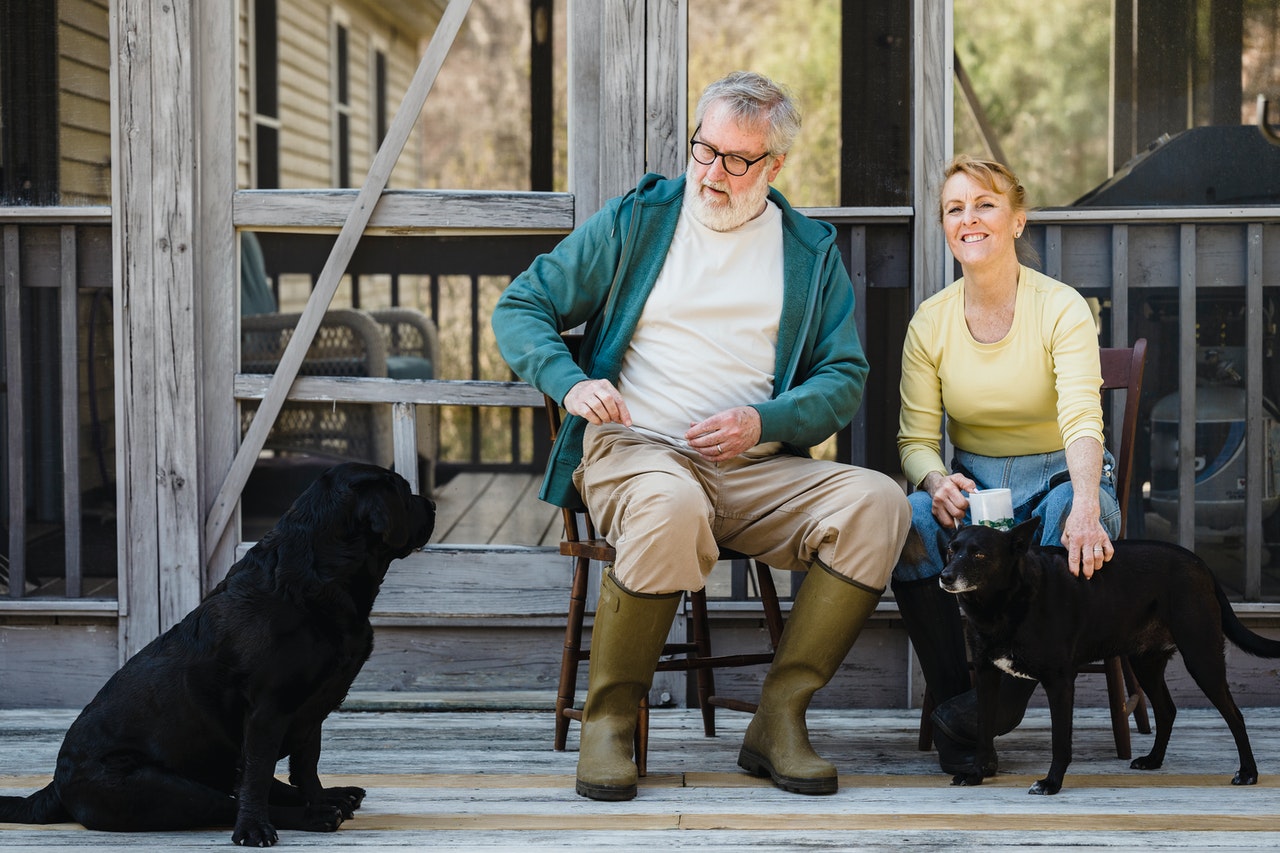Getting into the outdoors is a great goal. Whether you grew up running around the wilderness and are getting back into it, or this is your first foray into nature, we’ve got you covered. It can seem a little intimidating to think about heading out into the forest, desert, or anywhere, really, all on your own. The key to feeling confident and having a fun outdoor adventure is in your preparation. Knowing ahead of time what to expect and packing for any possibility will help keep you safe and enjoy communing with nature.
The benefits of time spent outdoors are nearly endless. Unplugging from our devices has countless positives, both for our physical well-being and mental health. Speaking of well-being, allowing ourselves time in the wilderness is a tremendous gift to our bodies and minds. We get exercise, fresh air, quiet, and time to let our minds wander and decompress. You don’t have to go on long and arduous hikes to get these benefits, either. Take a moment to look at yourself, friends, and family when you’re car camping. Chances are, they’ll all be moving around more, exploring, and walking. Compared to our usual sedentary lives, even a slight increase in movement is significant.
Family time in nature is a whole different way to experience your children and partner. Learn with them, teach them and just exist with them to see how many things you can learn about them outside of your everyday routine.
What Kind of Outdoor Adventures Can You Have?
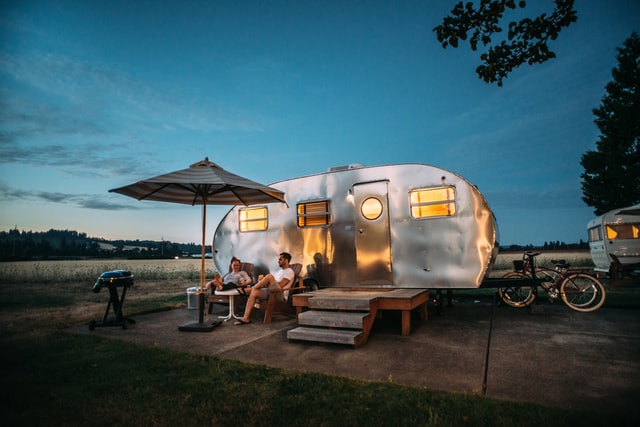
Let your imagination run wild here; there’s not much you can’t do in nature! If you’re a newbie to the great outdoors, car camping is a great start. With the exception of needing to set up your tent, there are very few skill-based barriers to entry in camping. It’s a great way to involve family and friends without jumping too quickly into a new world while still getting to enjoy adventure and travel. Once you’ve been on a couple of camping trips, then you’re ready to decide whether you want to make a foray into backpacking or learn a new skill like fishing. Once you do decide to branch out, be sure you have someone trusted and experienced to show you the ropes or hire an experienced guide to keep you safe as you learn new skills. Here are some great options for getting into nature:
- Camping – camping is as beginner-friendly as you want it to be! If you’re making your first trip out and want to build confidence before going into the backcountry or exploring further from home, no problem. Campgrounds are easy to find almost anywhere. If you wish to tent or bring an RV, chances are you’ll be able to find a campground within an hour of where you live. Beyond that, the world is your oyster! Decide where you want to go and what part of the country intrigues you, and off you go.
- Hiking in a national park – The perfect way to see the truly spectacular sites across the US, hiking in national parks also offers a great diversity of difficulty levels. You’ll find lots of family-friendly trails and some challenging terrain. Along the way, you’ll build skill, confidence, and bonds with your hiking companions. All you need is a good pair of hiking boots, and you’re ready to take in the sights.
- Backpacking – Like camping, backpacking is a great way to introduce yourself to nature without needing to hone ultra-specific skills. While there are absolutely skills required for backpacking, they differ from rock climbing, where you generally need instruction to learn safely. Backpacking can be anything from a single overnight hike to multi-day long-haul trips. This is another reason it’s excellent for people newer to nature; it meets you where you are and gives you endless options for growth.
- Biking trip – Biking is a great way to get into the outdoors and cover some ground! Whether you’re into single-track mountain biking, bike packing, or road cycling, biking provides a great opportunity to see new places and spend time in nature. Cycling does require more investment in gear, so in the beginning, it might be best to rent equipment if that’s an option for you.
- Fishing trip – If you ask most avid fishers why they love fishing, they’ll say because it gives them a reason to exist quietly in nature. Fishing is about connecting and experiencing your surroundings, and it’s a beautiful way to disconnect from the hubbub of daily life and decompress for a moment. Bonus points if you catch a fish!
- Rock climbing – Rock climbing and mountaineering are more advanced ways to explore nature, but that’s not to say that you have to be a seasoned outdoor veteran to get into it! The important part is hiring a guide if you’re looking for an intro to climbing outdoors. Climbing guides are climbing experts but also at the specifics of climbing in their area. Outdoor climbing is exhilarating because of the number of variables that you can experience, but it also requires a high level of knowledge, experience, and gear to do it safely.
Outdoor Essentials
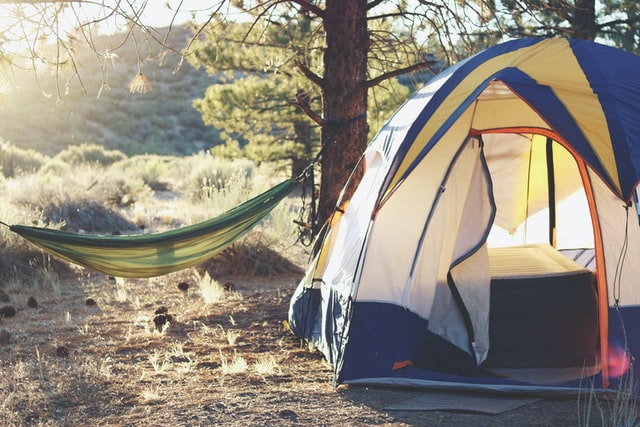
Let’s talk about some essential outdoor gear that you’ll need. As you get into more specific activities like cycling or climbing, there will be piles of equipment that you can geek out on for the rest of your life but for now, let’s keep it simple. And the simplest is this – you want to be able to be warm, dry, and see what you’re doing. Everything else is gravy!
- Tent
- Sleeping bag
- Camp stove and fuel
- Headlamps and lanterns
- Pocket knife
- Equipment to make fire
- Navigation – compass, GPS, or map (or all 3)
- Extra clothes
- Rain jacket and pants
If you’re working on putting together the gear you need to spend time in the wilderness, this is a great start. Remember that most outdoor enthusiasts are huge gearheads, so be warned! Once you get the bug, there’s no end to the cool stuff you’ll want to add to your gear lineup.
Stay Safe Out There
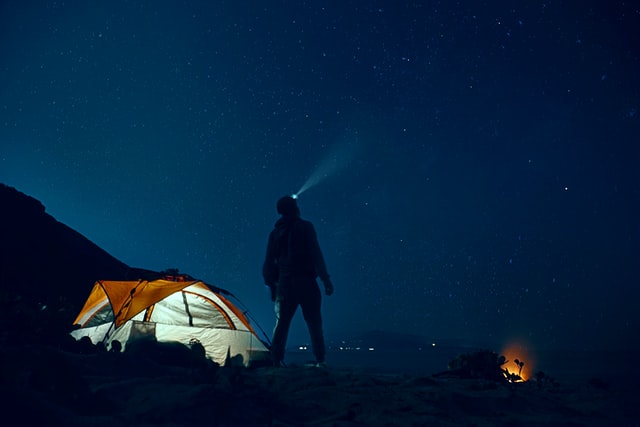
- Make a checklist of all the essentials you will need and actually look at it before you leave! Nothing is worse than forgetting something you put on your list because you forgot to do a last-minute list-check.
- Always be aware of weather warnings in the area you’re heading to and look ahead. Often weather patterns will speed up or slow down, so looking a week ahead can help you understand what’s happening if the weather becomes unexpected.
- Research camping permits and other permissions. Most places require you to have a permit, and frequently they’re free or at a very low cost. This is mainly to track how many people are in the area at any time.
- Know what wild animals you might encounter and what to do. There are many ecologically diverse areas in the US with their own unique animals. Knowing what to look for to steer clear of wildlife is your best bet, along with knowing what to do to make the experience safe for everyone.
- Set up emergency contacts and let them know when you’re expecting to be back. Give them as much info as possible so that if something happens, they know what to do and how best to help you. Use your common sense here, if you’re going for a day hike on a well-marked trail, you should still let someone know where you are, but you likely don’t need to give them the kind of rundown you would if you were hiking five days into the backcountry for a climbing trip and were expecting bad weather.
- When you’re getting started, use well-marked and popular trails and areas. As you gain more skills and confidence, you can challenge yourself safely but at the start, take it easy.
Make A Gear Area
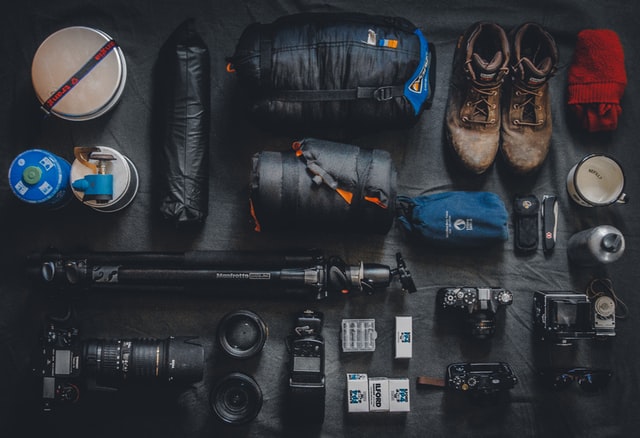
A great way to stay organized and take stock of what you have for outdoor gear is to designate a room or space in your home for your gear. Get set up with hooks and shelves for your equipment to keep it in good shape—your wallet will thank you! Keep in mind that some of your gear shouldn’t be stored at extreme temperatures like backpacks and tents, so if you don’t have heated outdoor storage, some of your equipment might have to find a home inside. Here are a few places that work well for gear:
- Garage
- Attic
- Outdoor storage
- Special closet/ storage room
- An area of your home gym
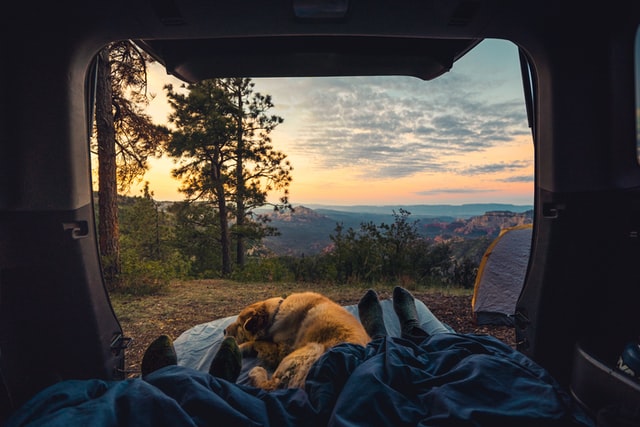
It’s adventure time! Have you made your checklist, gathered all the necessary gear, and researched your destination? Now it’s time to pack up and hit the road for your amazing new life exploring the natural world and all the breathtaking sights it holds—have fun!
